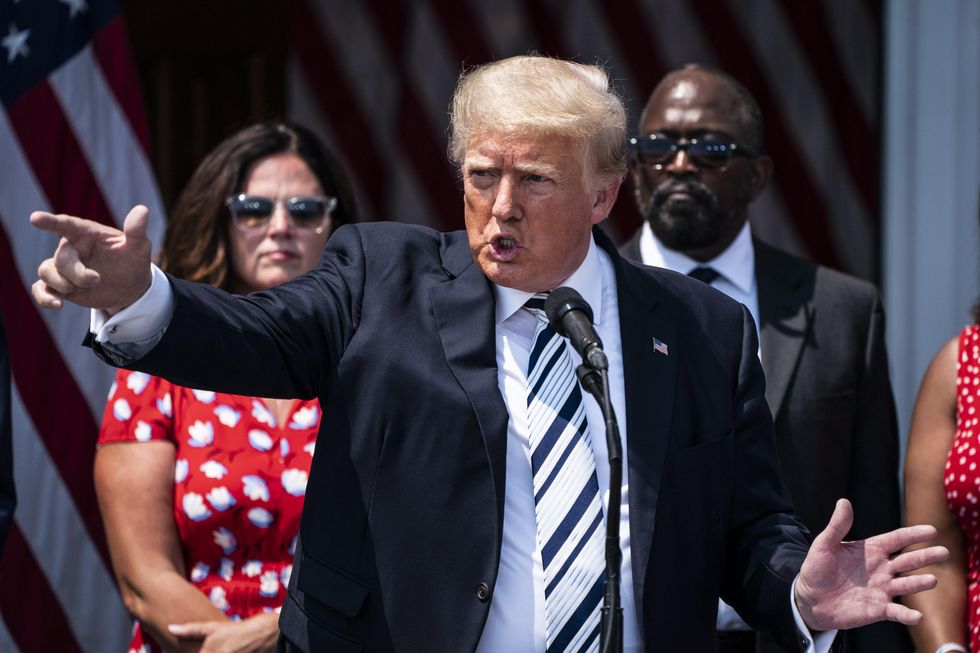News
Does Trump have a legitimate First Amendment case?
 Sara Swann
Sara SwannFormer President Donald Trump on Wednesday filed class-action lawsuits against Facebook, Twitter and YouTube arguing his suspension from those platforms violates the First Amendment.
However, legal experts say that argument has little chance of succeeding in court since the First Amendment constrains only the government, and not private entities.
Debate
Video: UNIT(ED) with David Adams
In the latest The Call To Unite video, David Adams, SEL Director at The Urban Assembly, and Dr. Tim Shriver, founder of UNITE, discuss social-emotional learning (SEL) as a lever for equity not only in our classrooms, but in our society at large. This is America's Classroom.
Grant makers must fund the big dreams of the youth movement
Imagine what could be accomplished if local youth organizations had million-dollar budgets every year, not just in presidential election years, writes Sarah Audelo, executive director of the Alliance for Youth Action.
Community
Present and Future Threats to American Democracy
Join USC Dornsife Center for the Political Future to hear Miles Taylor, former Homeland Security official, and a fall 2021 fellow at the Center for the Political Future who joins CPF Co-director Bob Shrum to discuss his upcoming course and his vision for the future of democracy and the Republican Party.


















Trump & Hegseth gave Mark Kelly a huge 2028 gift